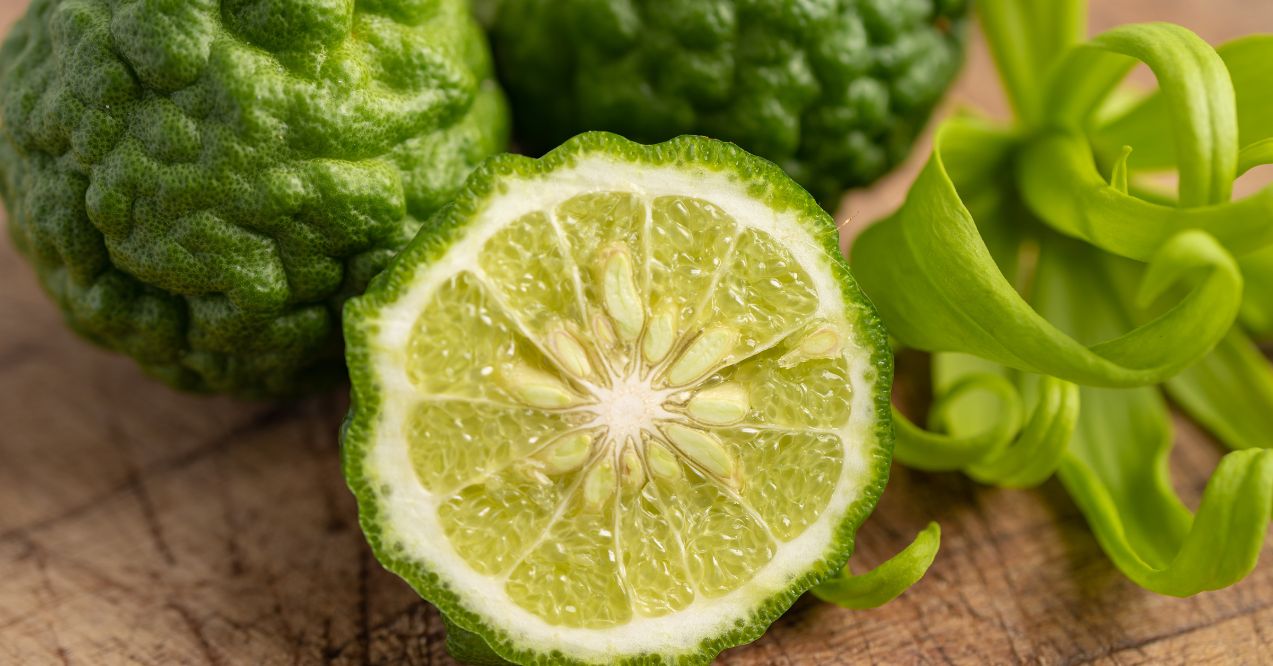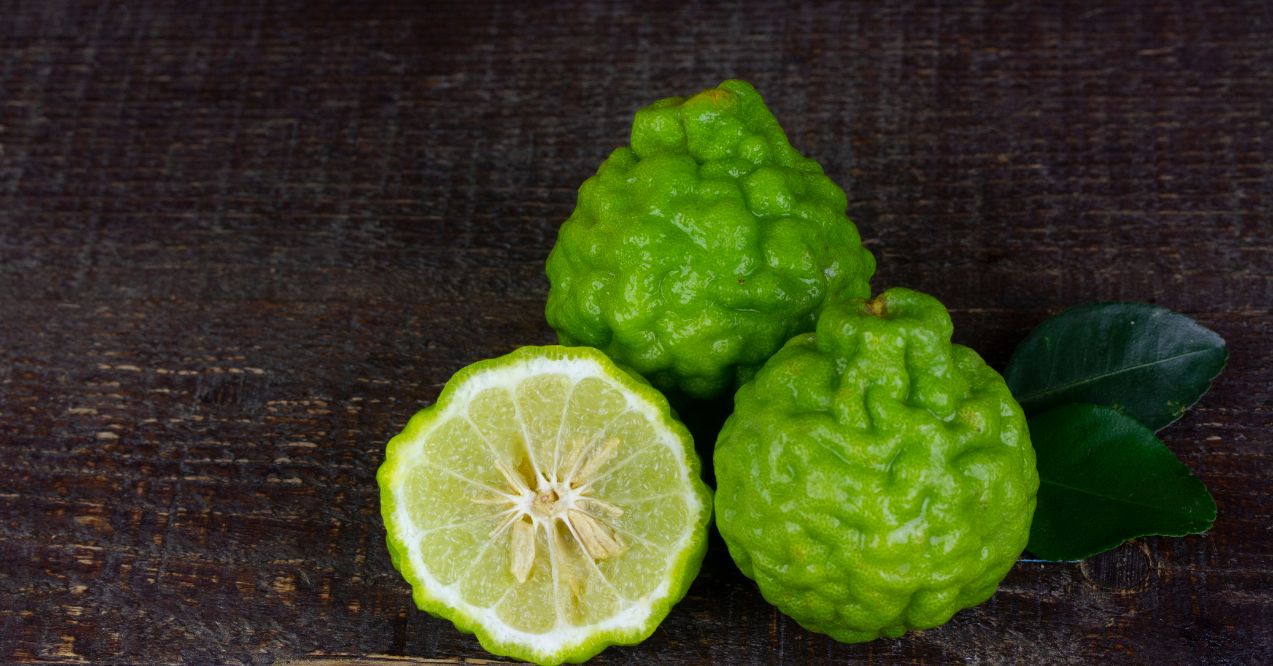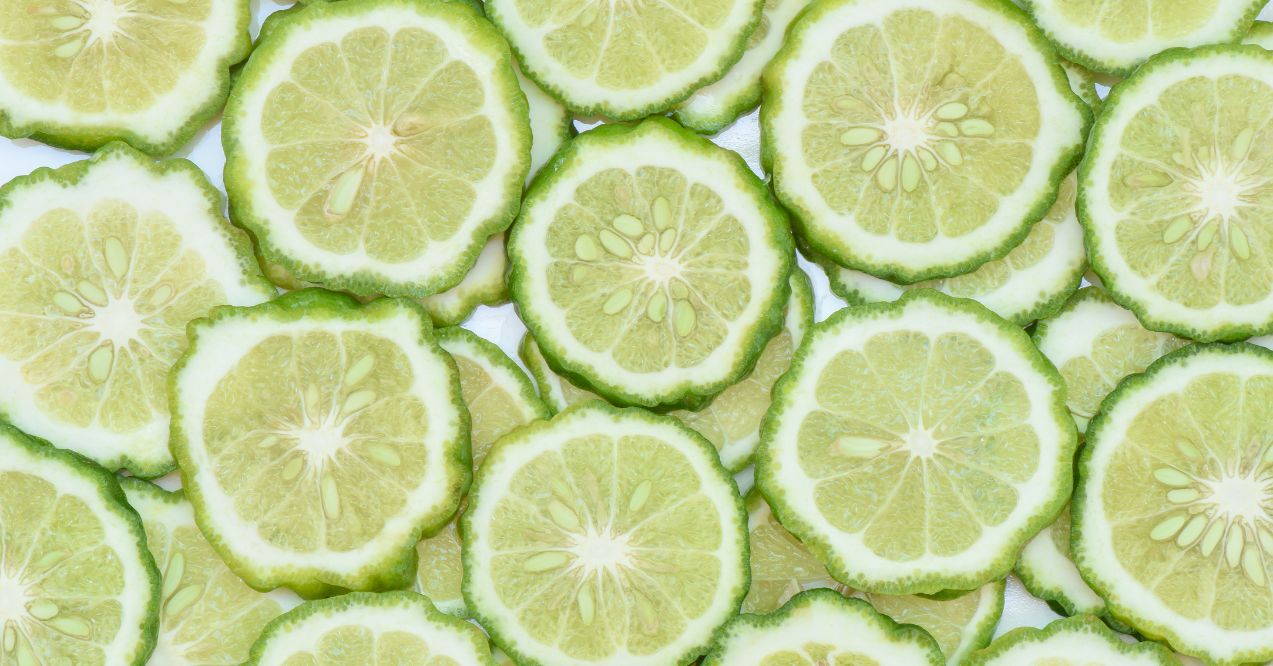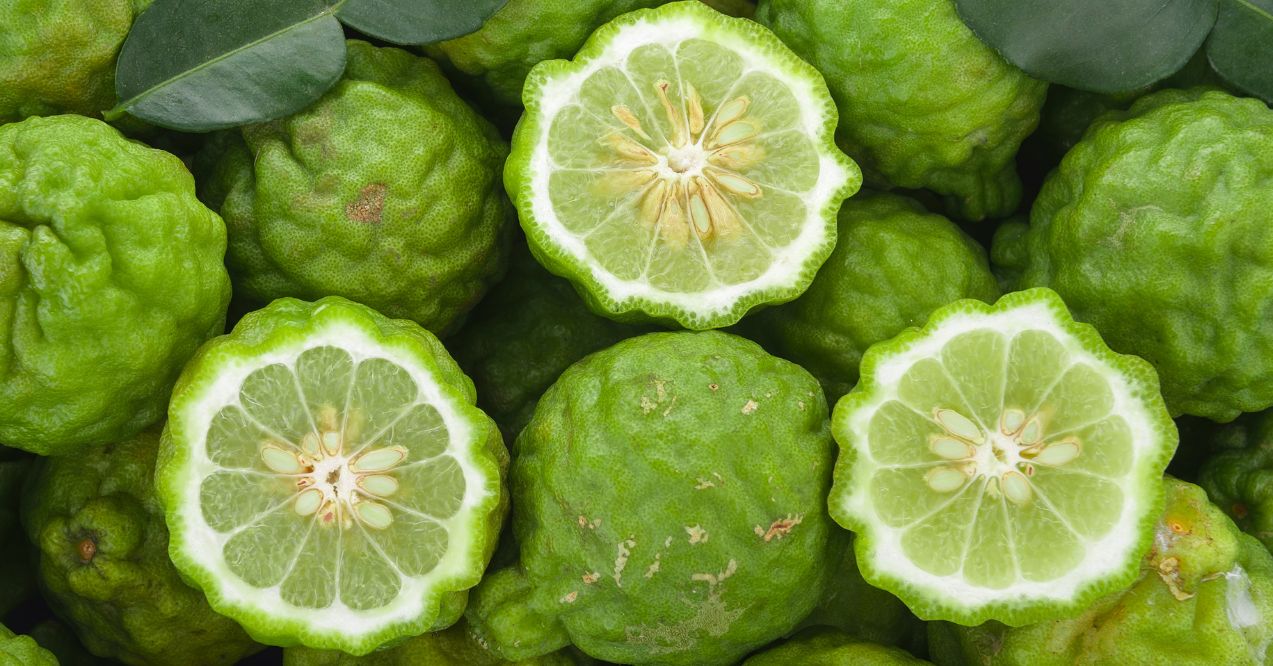Does Bergamot Tea Have Caffeine? Health Benefits.
Medically reviewed by our experts


Does bergamot tea have caffeine? Yes, it typically does. Most bergamot tea is Earl Grey, made from black tea leaves infused with bergamot oil.
This means your cup contains caffeine from the tea base. For health-conscious tea drinkers and those watching their stimulant intake, knowing the caffeine content matters. Bergamot’s potential health benefits have gained attention recently. It’s worth exploring what you’re actually consuming when you brew this aromatic beverage.
What Is Bergamot Tea?
Bergamot tea refers to tea flavored with oil from the bergamot orange. This citrus fruit grows primarily in Italy. Earl Grey is the most recognized version, combining black tea leaves with bergamot essential oil.
The oil gives the tea its signature citrusy, slightly floral aroma. While black tea is the traditional base, some versions use green tea or herbal blends instead. The bergamot orange differs from regular oranges and lemons.
Its rind contains aromatic compounds that create the distinctive flavor profile. Tea makers extract this essential oil and add it to dried tea leaves during processing. A cup of Earl Grey delivers both the natural properties of tea and the aromatic qualities of bergamot.
Does Bergamot Tea Have Caffeine?
The caffeine content depends entirely on the base tea used. Black tea-based bergamot tea contains 40-65 mg of caffeine per 8-ounce cup. Green tea versions have less, typically 20-45 mg per cup. Herbal infusions with bergamot flavoring contain no caffeine at all.
The bergamot oil adds zero caffeine to your tea. Only the actual tea leaves from the Camellia sinensis plant contribute caffeine. This means the amount of caffeine varies based on which type of tea serves as the foundation.
Caffeine in Earl Grey vs Other Teas
Different tea bases create different caffeine levels in your bergamot tea:
| Tea Type | Caffeine Content (per 8 oz) |
| Black tea (Earl Grey) | 40-65 mg |
| Green tea with bergamot | 20-45 mg |
| White tea with bergamot | 15-30 mg |
| Herbal tea with bergamot | 0 mg |
| Coffee (for comparison) | 95-200 mg |
A standard cup of Earl Grey contains roughly half the caffeine of coffee. This makes it a moderate option for those seeking energy without excessive stimulation.
Factors That Influence Caffeine Content
Several brewing variables affect how much caffeine ends up in your cup. Steeping time matters most. Longer brewing extracts more caffeine from the leaves. Water temperature also plays a role, with hotter water pulling out more caffeine.
The amount of tea leaves you use directly impacts the final caffeine level. Whole leaf teas generally release caffeine more slowly than broken leaves or tea bags. The tea’s origin and processing method create natural variations too. A robust Assam-based Earl Grey will have more caffeine than one made with lighter Ceylon tea.
Health Benefits and Effects of Bergamot Tea
Both the tea base and bergamot oil may offer wellness properties. Black tea contains antioxidants called polyphenols that could help with heart function. Some research suggests bergamot extract may help maintain healthy cholesterol levels already within normal range.
These effects come primarily from compounds in the bergamot itself, not the caffeine. The caffeine in bergamot tea potentially helps with mental alertness and focus. However, individuals sensitive to stimulants might experience jitters or sleep disruption.
If you’re exploring natural approaches to wellness, you can learn more about bergamot benefits and how this citrus fruit fits into a balanced lifestyle. Looking for additional ways to care for your heart? Explore our selection of circulation supplements designed to complement your wellness routine.
Pros and Cons of Caffeine in Bergamot Tea
The caffeine in your cup of Earl Grey offers both advantages and potential drawbacks. On the positive side, it may provide gentle energy. It could help with concentration and potentially aid metabolism. The moderate amount works well for morning or afternoon consumption.
However, caffeine can cause issues for some people. Those with sensitivity might experience anxiety, rapid heartbeat, or difficulty sleeping. Pregnant individuals and people with certain health conditions often need to limit caffeine intake. The key is finding what works for your body and schedule.
Decaf and Caffeine-Free Alternatives
Decaffeinated Earl Grey is widely available for those who want the flavor without the stimulation. The decaffeination process removes most caffeine, leaving only 2-5 mg per cup. While decaf retains the bergamot taste, some subtle flavor notes may diminish during processing.
Herbal alternatives offer completely caffeine-free options. Rooibos tea with bergamot oil provides a naturally sweet alternative to traditional Earl Grey. These herbal versions deliver the aromatic bergamot experience without any caffeine. When shopping, check product labels carefully.
Conclusion
Bergamot tea typically contains caffeine because most versions use black tea leaves as their base. The caffeine level ranges from 40-70 mg per cup. This varies with the tea type and brewing method. Bergamot oil itself adds no caffeine, only flavor and aroma.
Decaf and herbal options exist for those avoiding stimulants. Choose based on your caffeine tolerance and daily routine. Always read labels to confirm what you’re getting.
Traditional bergamot tea contains caffeine from its black tea base. Only herbal versions with bergamot flavoring are truly caffeine-free. Always check the label to confirm.
A standard 8-ounce cup of Earl Grey contains approximately 40-70 mg of caffeine. This amount varies based on brewing time, water temperature, and leaf quality.
The caffeine content may interfere with sleep for sensitive individuals. Consider switching to decaf or herbal bergamot tea in the evening to avoid sleep disruption.
No, bergamot oil contains no caffeine. The essential oil only adds flavor and aroma. All caffeine comes from the tea leaves themselves.
Yes, decaf Earl Grey and herbal rooibos versions with bergamot flavoring provide caffeine-free alternatives. They maintain the characteristic citrus taste.
FAQ
References


